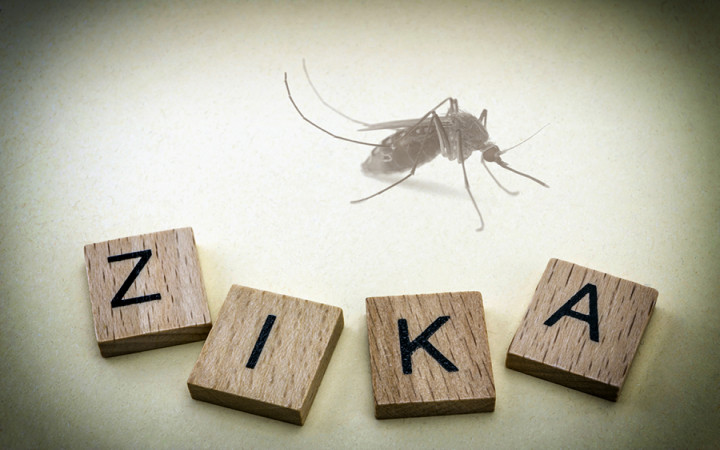Today’s Wonder of the Day was inspired by Lynnley. Lynnley Wonders, “What is Zika?” Thanks for WONDERing with us, Lynnley!
What are your favorite things about the summer? For some kids, the best part of summer is getting to stay up late playing outside, since the sun doesn't set until very late in the day. Others might look forward to summertime snacks, such as watermelon and ice cold lemonade. Those who love to swim can't wait for the warm days of summer to soak in their favorite pool, lake, river, or ocean.
With so much to love about summer, are there any downsides? Putting on oily sunscreen all the time can get tiring, but it's necessary to keep your skin safe. Other kids might point out the fact that warm weather also brings its share of outdoor dangers, including poison ivy and insects.
There's probably one insect you strive to avoid during the summer: the mosquito! No one enjoys getting bitten by these bloodthirsty, flying menaces. Those bites can be painful and itchy. But did you know that mosquito bites could be quite dangerous?
Since mosquitoes suck blood out of the people they bite, it's very easy for them to transmit diseases from one person to another. For example, in some areas of the world, deadly outbreaks of diseases, like malaria, occur when mosquitoes spread the disease throughout a population.
Recently, you may have heard news reports about outbreaks of another mosquito-borne virus called the Zika virus. Should you be worried about Zika? Let's learn more about this virus now being spread by mosquitoes in certain parts of the world.
The Zika virus was first discovered in Uganda in 1947. Scientists believe Zika remained confined to Africa until about 2007, when they believe it spread to the South Pacific. Over the past decade, the Zika virus has spread to many other areas, including Asia, South America, Central America, the Caribbean, Mexico, and even isolated parts of the United States (Florida and Texas).
The Zika virus is primarily transmitted by two specific types of mosquitoes: Aedes aegypti or Aedes albopictus. These mosquitoes tend to live only in areas with mild, tropical climates, which explains why outbreaks have been limited so far to the areas previously listed.
So what happens if you get bitten by a mosquito carrying the Zika virus? Perhaps nothing at all! Scientists believe most people infected with the Zika virus never show any symptoms. That's why many people don't even realize they're infected.
Those people who do exhibit symptoms of Zika infection usually have mild symptoms that can include a rash, fever, joint and muscle pain, red eyes, and a headache. In very rare cases, a person infected with the Zika virus may develop Guillain-Barré syndrome, which is a neurological condition characterized by paralysis and extreme muscle weakness.
The greatest threat posed by the Zika virus is to pregnant women and women who may become pregnant. Zika has been found to cause miscarriages, stillborn babies, and serious birth defects.
One common birth defect closely linked to Zika is microcephaly. Microcephaly is a condition in which a baby's brain and skull do not develop properly, leading to severe health and developmental problems.
Unfortunately, there is no vaccine for the Zika virus. Women who are or may become pregnant are encouraged to avoid travel to areas where there has been an outbreak of Zika. In outbreak areas, people must take steps to avoid being bitten by mosquitoes that may carry Zika.
Government agencies may take steps to reduce mosquito populations through insecticides. On a personal level, people are encouraged to use insect repellants and make sure their skin is covered when outside.





